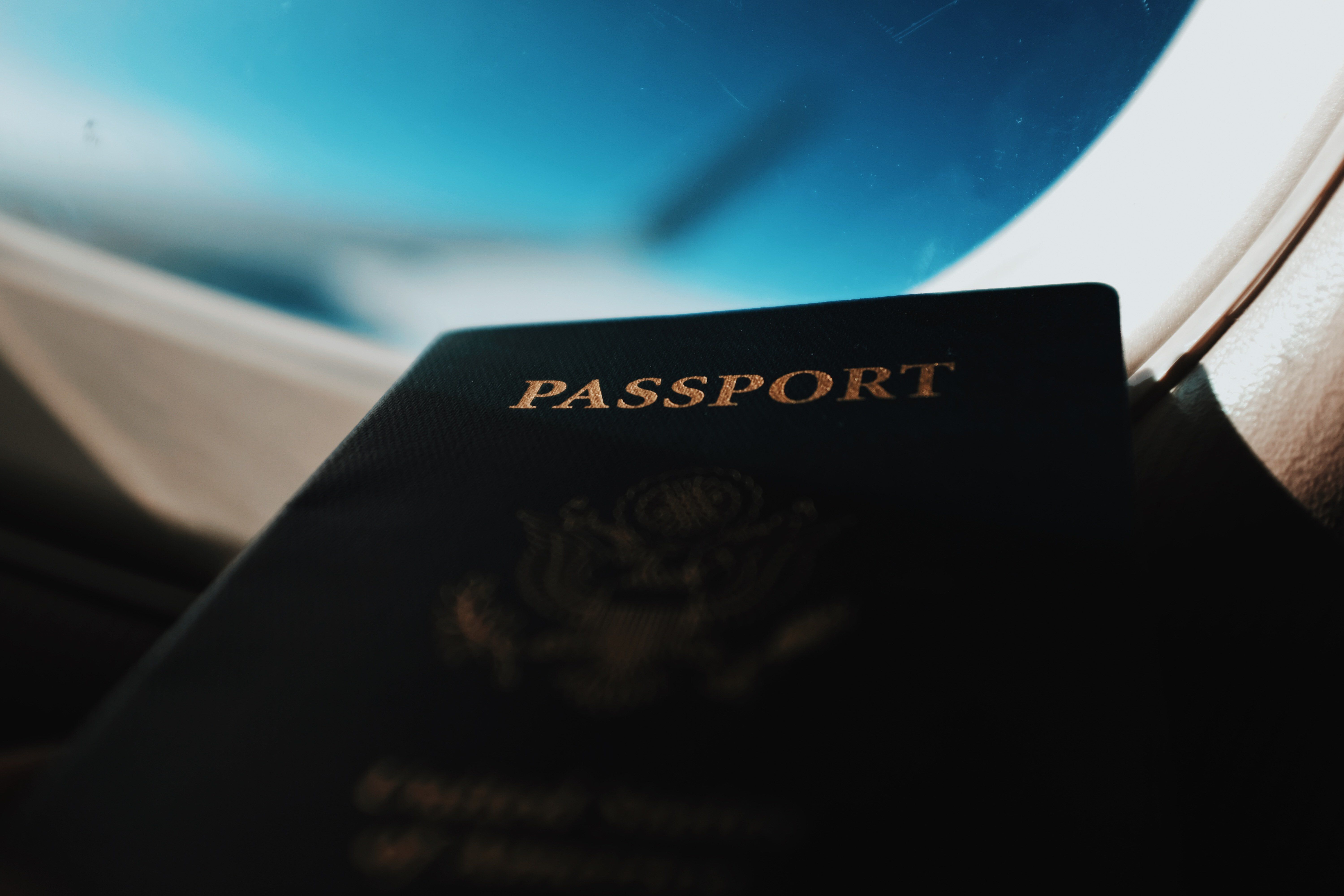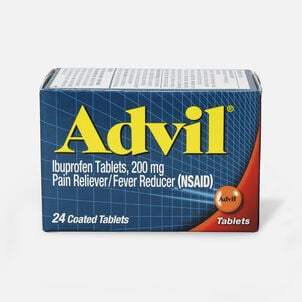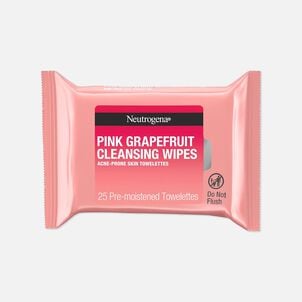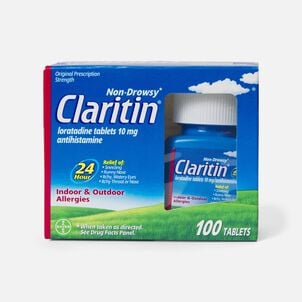Living abroad is exciting. It's the chance to experience a new culture, learn another language, and, of course, try lots of delicious foods. Whether you are starting a new job, joining the ranks of digital nomads, or retiring someplace cheaper, there are plenty of details to iron out.
With so much to look forward to, it's easy to overlook the practical aspects of your new adventure. If you forgot about your flexible spending account (FSA) or health savings account (HSA) — and who could blame you? — there's some good news: you can still use it while overseas. There are a few things you should know before you start swiping, though.

Know your qualified medical expenses
There are a few ways these accounts save you money. You can deposit cash before taxes, use it for certain qualified medical expenses, and in the case of HSAs, let it grow tax-free. By using an FSA or HSA to pay for qualified medical expenses, you are getting a discount because you never paid tax on the money.
There is a long list of what the IRS allows. Things like riding in an ambulance, eyeglasses, and dental expenses get a thumbs up. They are also clear on what isn't allowed — cosmetic surgery, supplements, and more. So if you decided to get a nose job on a whim, it wouldn't get tax-free treatment from the IRS. The same rule applies no matter where you live.
In order to use your FSA or HSA on medical expenses incurred in a foreign country, you must use it qualified medical expenses. The product or service must be legal in both countries and must be covered under your plan (always best to check with your employer and benefits administrator).
There may be a hefty fee for foreign expenses
When you are traveling abroad, it's always better to err on the side of caution with foreign transaction fees. Some premium credit cards may waive them — but that doesn't mean your FSA provider will too.
Before swiping your card overseas, review your FSA or HSA card agreement and disclosures. You may discover a 1-3% percent "international fee" or "foreign transaction fee."
Taking prescription drugs across the border
Managing chronic illness in the United States is expensive. It may be tempting to bring in medicine from somewhere cheaper — after all, we pay more for prescriptions than any other developed country.
The problem is, the IRS says overseas prescriptions aren't "qualified medical expenses." That's because, generally, the FDA doesn't want you to import drugs. They say it's because they can't guarantee the safety or efficacy of medicine from another country. But there may be some rare exceptions. If you can legally import the drugs, they may still qualify.
Be savvy with your tax-free funds in other countries
There are a lot of adjustments to make while living abroad. Fortunately, your FSA or HSA may be one of the easier things to deal with. By following a few basic rules, you can avoid getting into trouble with the IRS — and save on health care.
—
Thank you for visiting the FSA Store Learning Center. Don’t forget to follow us for more helpful tips on Facebook, Instagram, and Twitter.


















